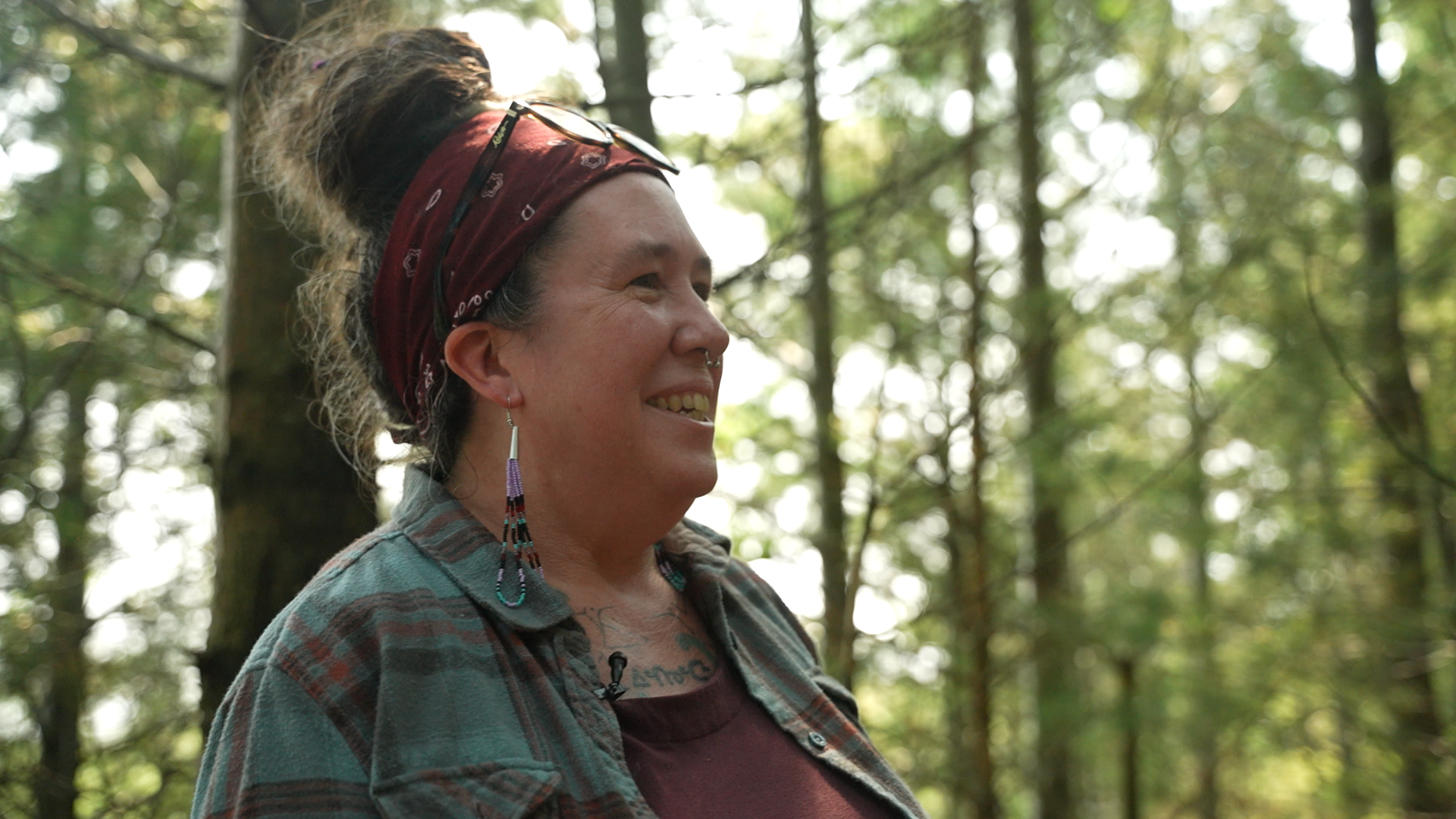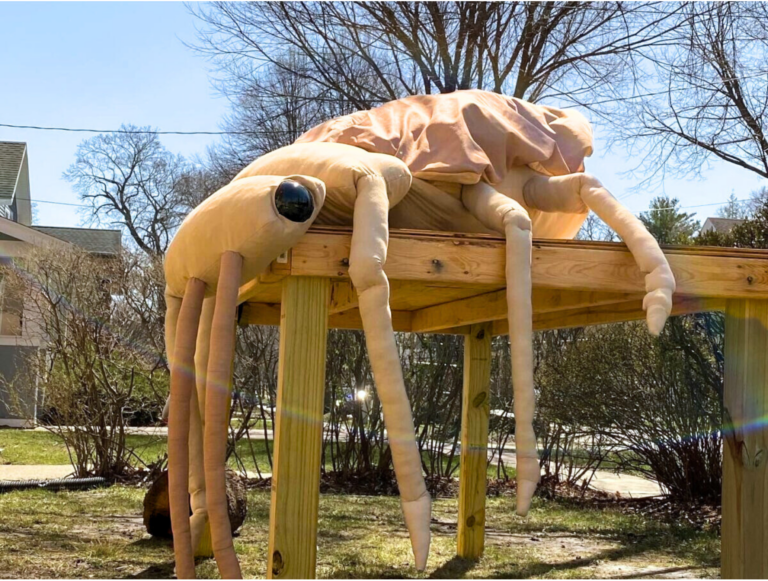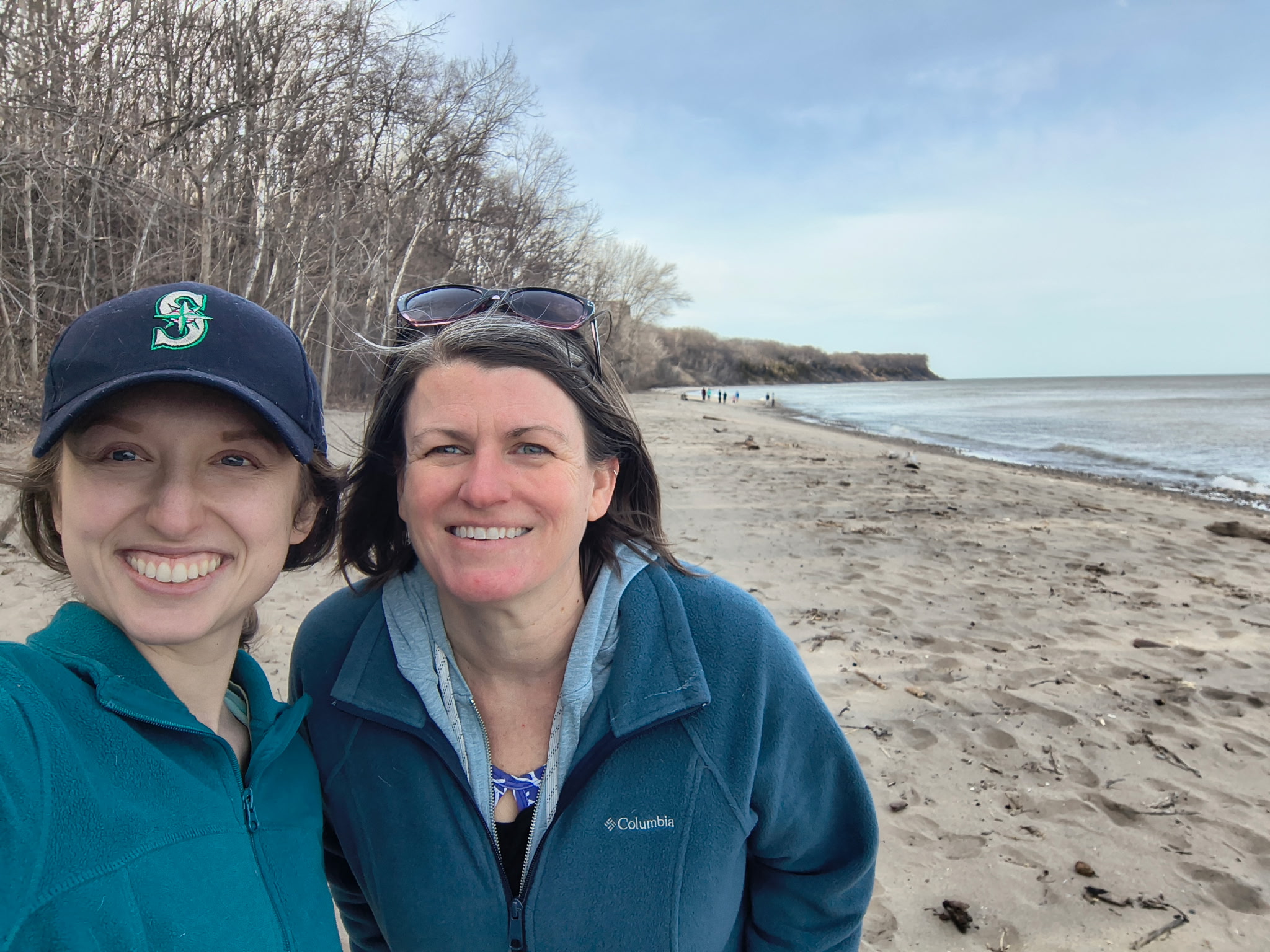August 13, 2018
By Jennifer A. Smith
It’s part of Wisconsin Sea Grant’s mission to not only fund state-of-the-art research, but also nurture the next generation of scientists who will meet challenges related to the sustainable use of the Great Lakes.
In that spirit, and thanks to the generous legacy left by Dr. and Mrs. Carl B. Weston, the Carl J. Weston Memorial Scholarship awards talented undergraduates $750 in financial support. The undergraduates must be conducting research under the guidance of a principal investigator on a Sea Grant project.
Wisconsin Sea Grant is pleased to announce the three newest recipients: Loretha Jack, Briana Shea and Chelsea Volpano. Find out more about each below.
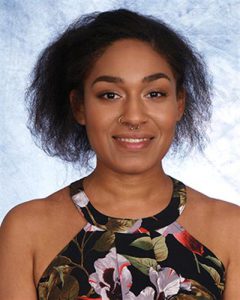
Loretha Jack, UW-Milwaukee
Credit: Submitted photo
Loretha Jack
Hometown: West Bend, Wis.
Campus: University of Wisconsin-Milwaukee
Major: Biological Sciences and Conservation and Environmental Sciences (double major)
As a young child, Jack loved to catch frogs and bugs, sparking her interest in the natural world. As she grew older, she became aware of the ways in which humans affect other species, often negatively. Now, Jack anticipates a 2019 college graduation and has her sights on a doctorate in aquatic ecology.
This past spring, she worked with Dr. Erica Young and Dr. John Berges on their Sea Grant-supported study, “Changing Silica Dynamics in Lake Michigan: A Symptom of Altered Food Webs.” She will continue that work in the fall.
In the meantime, she’s spending the summer at the Woods Hole Oceanographic Institution in Massachusetts, as part of the highly competitive Research Experience for Undergraduates program supported by the National Science Foundation.
Said Jack, “Working on a Sea Grant project has enriched my academic experience by giving me the opportunity to have hands-on experience addressing environmental issues I have learned about in my classes.”
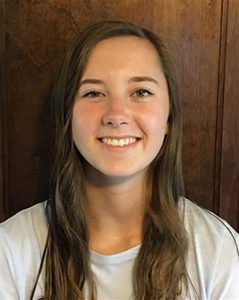
Briana Shea, UW-Madison
Credit: Submitted photo
Briana Shea
Hometown: Holmen, Wis.
Campus: University of Wisconsin-Madison
Major: Civil and Environmental Engineering
As a participant in UW-Madison’s Undergraduate Research Scholars program this past spring, Briana Shea had a chance to evaluate how a European innovation–the Dutch sand motor concept – might be of use along Lake Michigan. “A sand motor helps prevent erosion, but it also fixes that sediment starvation that some areas have,” noted Shea. She presented her findings at campus conference showcasing undergraduate researchers, which helped hone her presentation skills.
This fall, she’ll continue to explore coastal issues by working with Sea Grant Coastal Engineer Gene Clark and Assistant Director for Extension David Hart on a guide to nature-based shoreline options for Great Lakes property owners.
Shea credits her Sea Grant research opportunities with helping her avoid the “burnout” some college students experience, and instead stimulating her creativity. Her future plans include graduate school in environmental or coastal engineering.
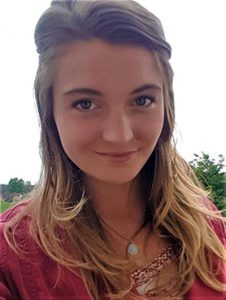
Chelsea Volpano, UW-Milwaukee
Credit: Submitted photo
Chelsea Volpano
Hometown: Saukville, Wis.
Campus: University of Wisconsin-Milwaukee
Major: Geophysics
As a native of southeastern Wisconsin, an interest in Wisconsin’s Lake Michigan coast comes naturally to Chelsea Volpano. This summer, she is working with Dr. J. Elmo Rawling III of the Wisconsin Geological and Natural History Survey on a project documenting bluff erosion along that shoreline.
As a field technician and lab assistant on a Sea Grant-supported project, Volpano gets ample opportunity to sharpen her research techniques. Said Volpano, “These include the planning and execution of high-resolution mapping using unmanned aircraft systems, data processing, and production of three-dimensional models that can be applied to an array of geologic questions,” as well as exposure to geographic information system programs.
She plans a geosciences career, possibly with a state or the U.S. Geological Survey. She has particular interests in geomorphology, surficial processes and erosion.



